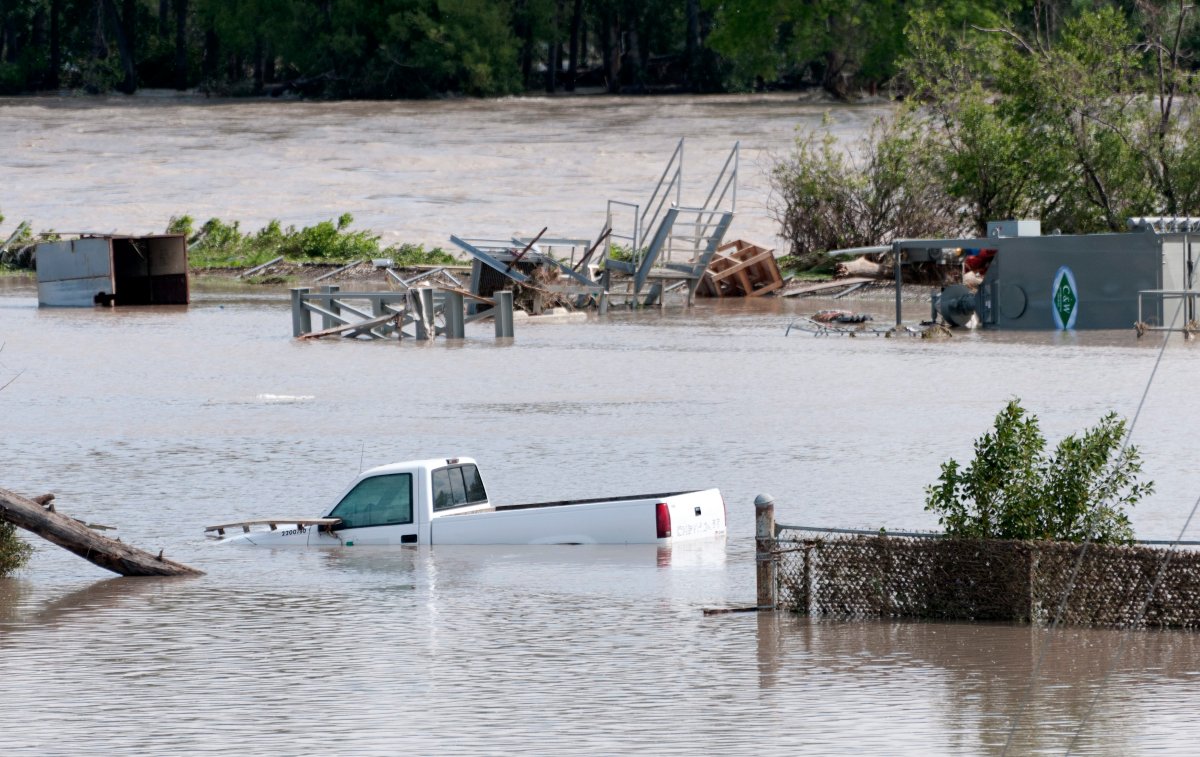In June 2013, Calgary suffered its worst ever natural disaster. The floods that ravaged the city caused billions of dollars in damage and many residents and businesses remain in turmoil. At the provincial level, the floods in Calgary, High River, Canmore, and other areas have led to political strife. Controversies have included: complaints about the provincial government’s failure to implement the recommendations of the 2005 provincial reports; the RCMP’s seizure of guns in High River; the contrast between the treatment of Elbow Park school (in Premier Alison Redford’s riding) and schools in High River (in Wildrose Leader Danielle Smith’s riding); rebuilding plans; and provincial compensation for flood victims. There is no doubt that in the 2016 provincial election that flood politics will be a major election issue.

Yet, surprisingly, flood politics have not become an issue in the Calgary election. There have been a few exceptions. For example, in Ward 6, Joe Connelly, the former councillor, started to make flood response a campaign issue when he recently tweeted “heard @ the doors that the people flooded in discovery ridge are not getting any help. Who will fight for ward six? Call Joe.” Incumbent councillor Richard Pootmans responded by tweeting “working with comm assoc pres, Wedgewood’s board and MLA, making progress, been to most doors to offer help and answer ques.” A second example was Diane Colley-Urquhart demanding an inquiry into city managers receiving overtime for their work during the flood.
The relative lack of politicking around the flood can be explained in several ways. First, the damage of the flood was not felt equally across the city, instead it was concentrated in a handful of wards. This has meant that if you lived in Mission (Ward 8), Bowness (Ward 1), Elbow Park (Ward 11), East Village (Ward 7), or Inglewood (Ward 9) you were more affected by the flood than if you lived in neighbourhoods in the northeast (i.e., Ward 3) or the deep southwest (i.e., Ward 13) of the city.
- Toronto’s construction season traffic is ‘unacceptable.’ Is there a better way?
- Why MP questions put the Bank of Canada governor in a political minefield
- Abortion is set to be a key U.S. election issue. Which side has momentum?
- U.K. bans generic passwords over cybersecurity concerns. Should Canada be next?
Second, public opinion polls showed that 90 per cent of Calgarians believed that Mayor Naheed Nenshi did an excellent or good job in handling the floods. City council as a whole received almost the same degree of support.
Third, several of the incumbents who are in the toughest races – Druh Farrell (Ward 7), John Mar (Ward 8), Gian-Carlo Carra (Ward 9), Brian Pincott (Ward 11) – are simultaneously in wards that were hit hardest by the floods. This has meant that incumbents and challengers alike have been reluctant to campaign on the flood, albeit for very different reasons. Challengers have not been campaigning on the flood because of the overall strong public support for how city council handled the flood. The incumbents have also found it unseemly to campaign on the flood given that they still have lots of residents who lost their homes and/or businesses.
Even the $52 million in provincial tax money that city council decided to keep – which has been a prominent part of the campaign – has not seen its connection to flood relief disclosed with the same degree.
With two more weeks of campaigning it is possible that this very hot button issue will make an appearance in the Calgary municipal election. But so far it has been noticeable by its absence.




Comments